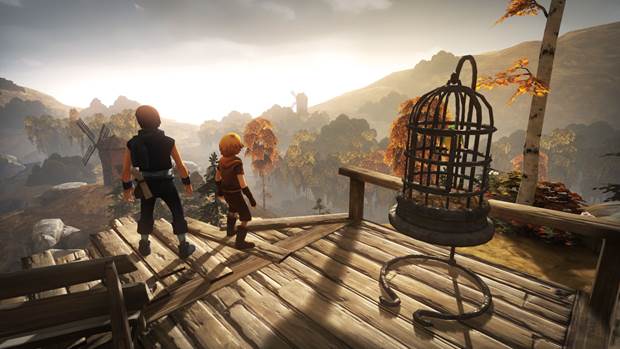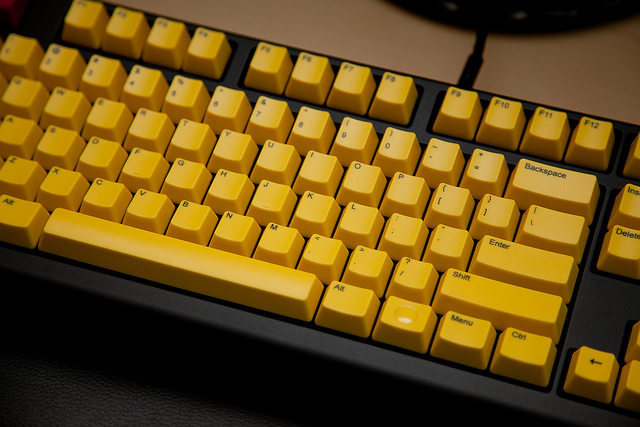Trivia Games have become all the rave today. Many television shows, online games and board games have many thousands of people answering questions that cover many different topics from pop culture to food.
One example of a trivia game is Trivial Pursuit. This is a classic board game where players aim to make their way around a board, answering trivia questions to earn pieces. The first player to collect a different colored piece from every category makes his/her way to the center of the board. Then, if the player correctly answers another trivia question from a category chosen by the competitors, this player is considered to be the winner of the game.
Trivial Pursuit is just one of the trivia games that is offered world wide for people who love trivia. There are a variety of trivia games that are geared to the audience that buys it. You may find trivia games that feature different topics such as music, television, or fashion, each focusing itself on knowledge and popular trivia, allowing players to test their skills when it comes to brain power.
Many trivia games have cards that are numbered or some that are color-coded by category, such as the classic edition of Trivial Pursuit which features six different types of categories, each with its own color. Geography questions are denoted by the color blue, while history is seen as yellow. Entertainment questions are pink, and science and nature is green. Arts and Literature is denoted by brown, and sports and leisure is orange. These six categories make up the thousands of questions that Trivial Pursuit can provide its players, giving them a number of ways to challenge both themselves and friends. Only through a broad base of knowledge can players get any advantage over their competitors.
Some games have questions on a variety of topics which can include pop culture, music, drama, and a ton of others. Trivia games made for beginners will have only a couple of hundred questions on very easy questions. However, the more advanced the game, the more the questions available to stump even the most advanced trivia player.
Many trivia gamers use some sort of marker on their board to show who is winning. An example of this are the game pieces used for Trivial Pursuit. Each player uses a circular token as his/her piece during the game. Each one of these pieces is divided into six sections, with space for different pie slice shapes. As the players make their way around the board, they aim to land on a certain, central space for each of the main six categories. Players who land on this space and correctly answer the question, fulfill one of the requirements for the game and earn themselves a pie slice for the corresponding color of the category.
The goal is to fill the game piece with each color pie slice before heading to the central starting location on the board. Once there, if a player can successfully answer a question from a category chosen by the competitors, that player is considered the victor of the game. Collecting the pie slices can be challenging, however, for many people are often strong in one category and weaker in others, making the potential for the game to turn competitive, high.
Many of the trivia types of games have various versions that enhance the game or offer you more options. The original versions of the games usually contain the classic categories, with newer versions adding other categories. There are many different versions of games like Trivial Pursuit available to suit any number of people or fans and interests. Special editions of the game are available that are specifically geared toward a certain icon, such as The Simpsons, Star Wars, or even Lord of the Rings.
By the same token, versions of trivia games are available that are geared toward younger players, or specifically for literature, film, or even periods of time, such as the 80s or the 90s. No matter what the players' interests are, there is a trivia game available to suit them.
These classic, challenging types of games have become one of the most popular entertainment options for people because they rely on skill and knowledge, not just random luck. It takes a degree of intelligence to play, often making it the chosen game type for a number of groups. After all, trivia games are some of the rare types of games that allow you to ask: "What exactly do you know?"






 The Witcher 3: Wild Hunt Cheat, Tips and Tricks on Story, Combat, Money, Character Development and Travel For PS4/PC/XB1: Updated
The Witcher 3: Wild Hunt Cheat, Tips and Tricks on Story, Combat, Money, Character Development and Travel For PS4/PC/XB1: Updated Watchdogs Characters
Watchdogs Characters How to Find Gas Prices Along Your Maps Route on Android
How to Find Gas Prices Along Your Maps Route on Android 7 Newbie Tips When Buying a Mechanical Keyboard
7 Newbie Tips When Buying a Mechanical Keyboard Asphalt 8: Airborne, The Best Free-To-Play Racing Game For Windows 8
Asphalt 8: Airborne, The Best Free-To-Play Racing Game For Windows 8